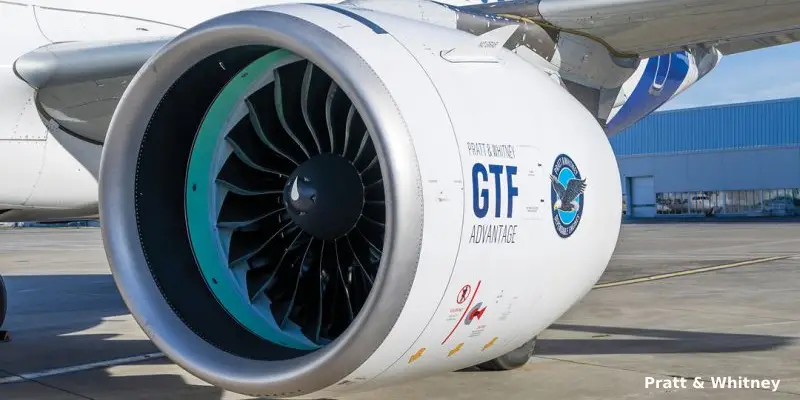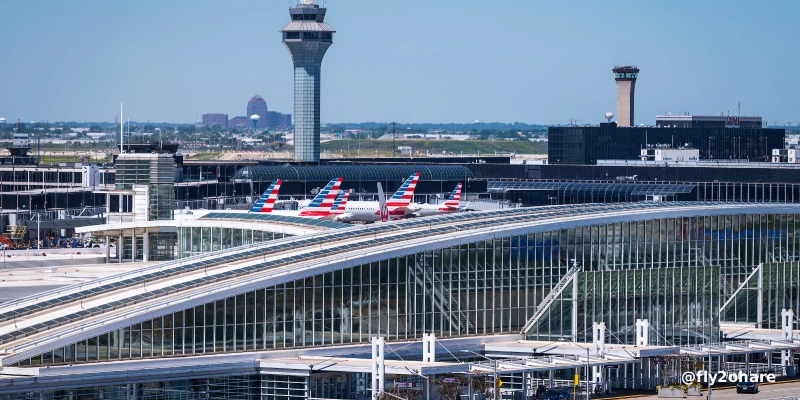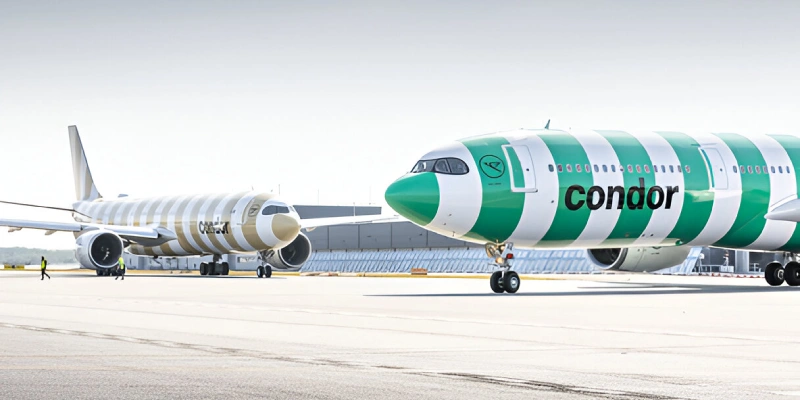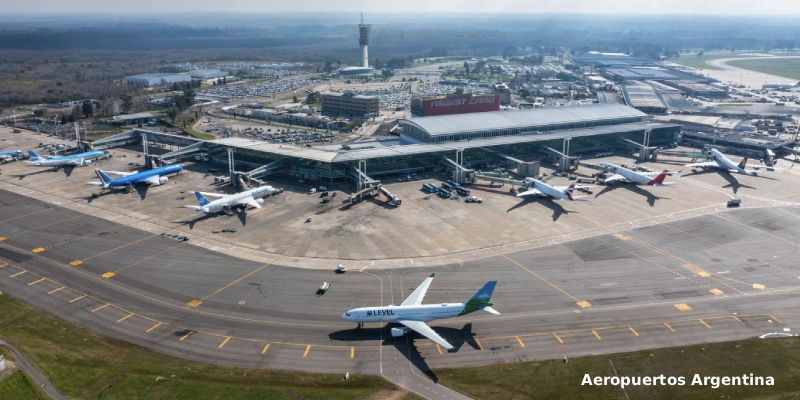Delta Air Lines has implemented an unconventional strategy to address two critical issues: engine shortages and import tariffs. The airline is removing U.S.-made Pratt & Whitney engines from its new Airbus A321neo aircraft assembled in Europe and sending them back to the United States to reactivate grounded planes, according to sources familiar with the matter, as reported by Bloomberg.
The Problem: Faulty Engines and Uncertified Aircraft
Delta has been forced to park several A320neo family aircraft due to failures in their original engines. The issue stems from a batch of contaminated metal powder used in the manufacturing of Pratt & Whitney’s GTF turbofans, which has compelled airlines worldwide to ground portions of their fleets while components are replaced.
Meanwhile, Delta’s new A321neos assembled in Europe cannot fly to the U.S. because their seats have yet to be certified by regulators. This has created an opportunity: leveraging the engines from these new, temporarily unusable aircraft to keep the existing fleet operational.
Precision Logistics to Avoid Tariffs
Delta is shipping U.S.-made engines directly from Europe to the United States without paying tariffs, a practice that is legal under current regulations. The engine-less aircraft remain parked in Europe, awaiting a resolution to the trade dispute between the U.S. and the European Union, which could reduce or eliminate the current 10% tariffs on European-assembled aircraft—a direct legacy of the trade war initiated during Donald Trump’s presidency.
→ Delta Reports Record Earnings and Optimizes Global Strategy in Q2 2025
Delta CEO Ed Bastian confirmed that the company is sending “a very small number” of new engines to the U.S. and intends to continue doing so. “We do not plan to pay tariffs for aircraft deliveries,” Bastian stated in an interview this week following the release of financial results.
A Recurring Pattern
This is not the first time Delta has employed alternative strategies to avoid tariff costs. In the past, the airline has routed new long-haul Airbus jets through Japan before bringing them to the U.S., a maneuver aimed at reducing tax impact. In 2020, it used routes via cities such as Amsterdam, Tokyo, and El Salvador for the same purpose.
Industry Impact and Silence from Pratt & Whitney
Delta’s decision has once again highlighted the reliability issues with the GTF engine, one of two engine options for the A320neo. Pratt & Whitney, the engine manufacturer, has not commented on the airline’s actions. It is worth noting that Delta also uses a version of the GTF in its A220 fleet.
Meanwhile, the company continues to wait for the trade tensions between Washington and Brussels to ease so it can formally integrate the new aircraft into its U.S. operations.
Related Topics
Middle East Airport Crisis: Infrastructure Attacks, Massive Operational Disruption, and Thousands of Travelers Stranded
FAA Proposes Flight Reductions at Chicago O’Hare to Avert Summer Operational Collapse
Condor to Move Operations to Frankfurt Airport’s New Terminal 3 in 2027
Argentina: Ezeiza Airport Launches Investment Plan Exceeding US$100 Million to Expand Operational and Logistical Capacity

Plataforma Informativa de Aviación Comercial con 13 años de trayectoria.




